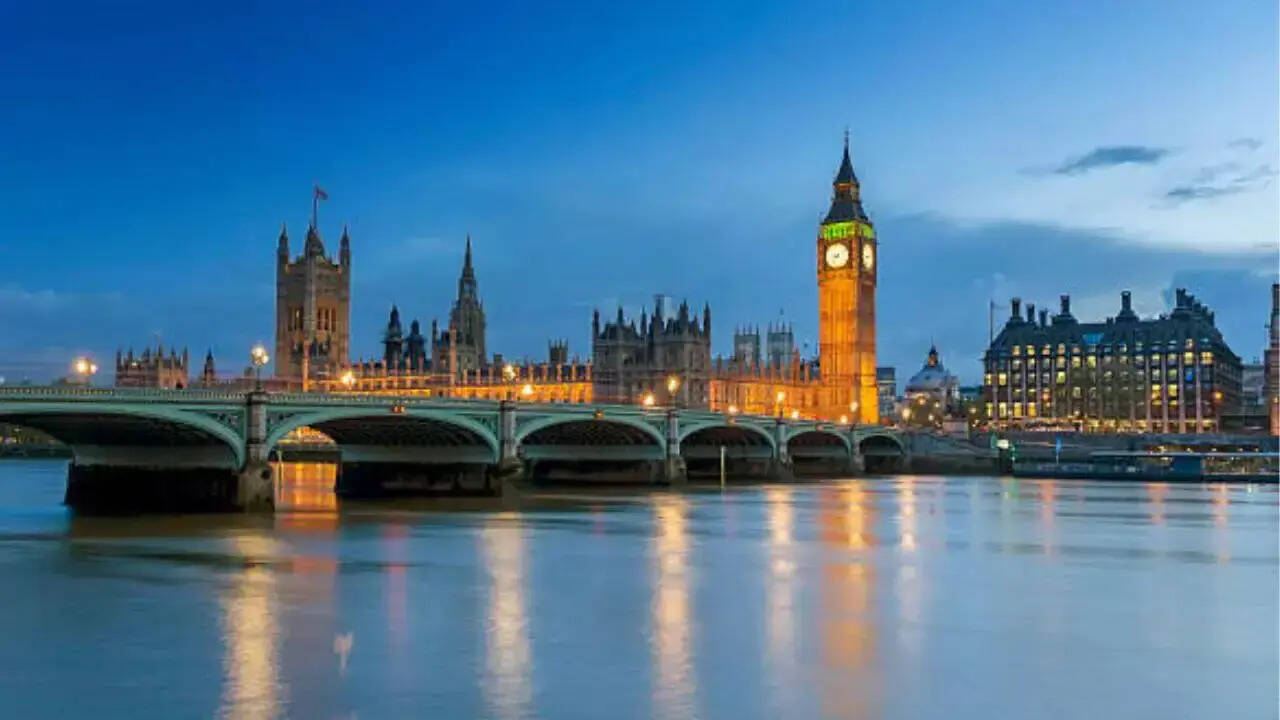The new rules are set to impact Indians as one of the largest groups of student and skilled worker visa applicants to the UK.
The sweeping changes in Immigration Rules come into effect in the UK from today, marking the first wave of reforms from the government’s landmark immigration white paper. The measures are aimed at reducing net migration, include a narrower list of sponsor-eligible jobs and a ban on overseas hiring in the care sector. The new rules are set to impact Indians as one of the largest groups of student and skilled worker visa applicants to the UK.
The agenda?
UK plans to build an immigration system that supports economic growth while drastically reducing reliance on overseas labour. The rules rolling out primarily target the Skilled Worker route, which is the pathway for migrant professionals.
This move is likely to significantly impact employers and licensed sponsors, who will now have to re-strategise hiring process along with visa processing and long-term workforce planning.
British Prime Minister Keir Starmer has defended the new immigration rules, insiting that without them, the UK risks becoming an “island of strangers”.
According to the Immigration White Paper, every area of the immigration system, work, family, and study, will be tightened up for more control.
“Skill requirements raised to degree level; English language requirements across all routes including for dependents; the time it takes to acquire settled status extended from five years to 10; and enforcement tougher than ever because fair rules must be followed,” he said, promising that migrant numbers will fall as a result of the measures.
What Changes Will Take Place from July 22?
From today (July 22), the minimum skills threshold for Skilled Worker roles will be at RQF Level 6 — equivalent to a bachelor’s degree. This move is set to affect around 180 occupations in sectors such as hospitality, logistics, and care services.
The new rules bar international recruitment for care workers. Those already sponsored by that date will not be affected.
These changes form part of a wider policy drive to prioritise domestic labour and reshape immigration pathways.
How Indians Will be Affected
The new rules, framed in a new Immigration White Paper, double the standard qualifying period for settlement status in Britain to 10 years and impose stricter English requirements, with assessments of improvements in language skills embedded within the visa rules for applicants and their dependents.
Almost every UK visa category is set to be impacted by the White Paper, with the Health and Social Care visa led by Indians and other South Asian applicants in line to be axed. Overseas student visas, a category dominated by China and India, will witness a tightening of the post-study Graduate Route visa offer from the current two years to 18 months.
Indians were the largest group of immigrants to the UK in 2023, according to the Office for National Statistics, with approximately 250,000 arriving mainly for work and educational opportunities.
The National Indian Students and Alumni Union (NISAU) UK raised concerns about the impact on Indian students, the largest users of the Graduate Route. The group has called for better alignment between student and skilled worker routes, another category dominated by Indians and set to face tougher minimum salary requirements.


